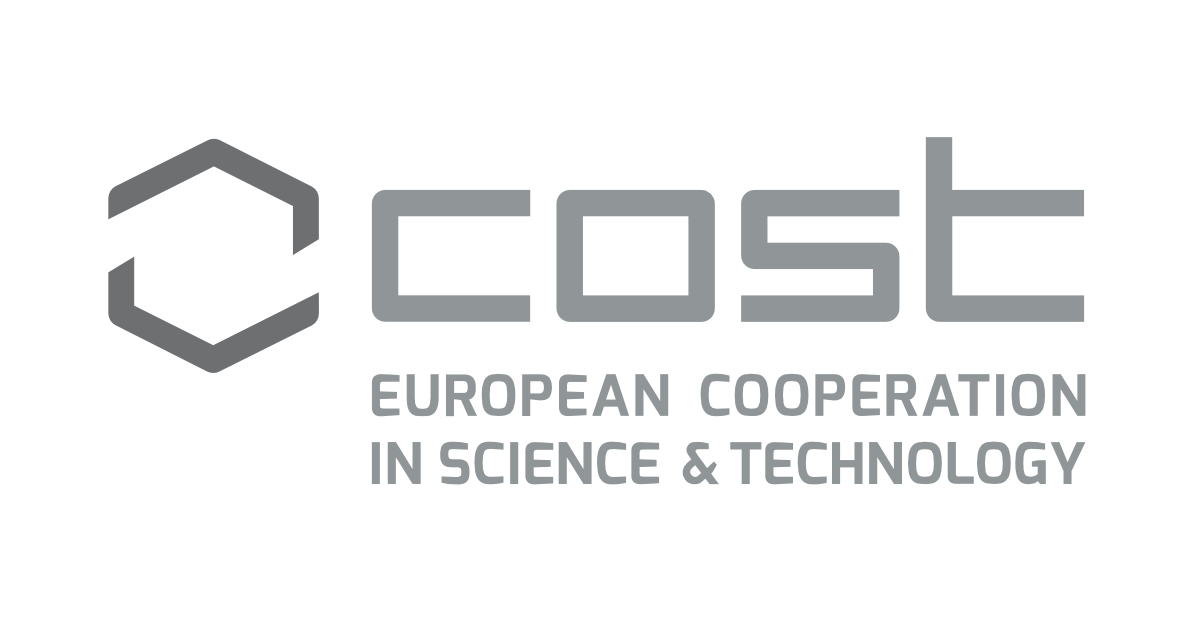Description
Problem or Need: Understanding the cellular composition of tissues is crucial for diagnosing and treating immune-related diseases. Traditional bulk RNA sequencing (RNA-seq) methods provide gene expression profiles but cannot distinguish between different cell types within a tissue. Single-cell RNA-seq (scRNA-seq) offers more detailed information but is costly and limited in capturing the totality of cell types present. Therefore, there is a need for a platform that can deconvolute cell type proportions from bulk RNA-seq data, providing detailed and accurate annotations without requiring additional experiments.
CIG Solution: The Omnicellscope project aims to develop a user-friendly platform integrating human single-cell and bulk RNA-seq data to extract relevant cell type abundance and phenotype information. This platform will be based on three main components:
1.Curated expression data and metadata from large bulkRNA-seq repositories.
2.A bioinformatics pipeline powered by omnideconv forsingle-cell informed deconvolution.
3.A curated collection of single-cell atlases annotated byexpert immunologists.
The platform will allow users to explore the cellular composition of thousands of human transcriptomics samples without needing specific bioinformatics skills. It will provide an interactive interface to select samples based on metadata (e.g., tissue, disease, treatment, demographics) and download associated cell phenotypes and proportions. At this stage Omnicellscope will focus in five immune-mediated diseases, namely inflammatory bowel disease, psoriasis, breast cancer, head and neck cancer, and inflammatory/tumoral lung diseases.
Expected Outcomes:
- Scientific Impact: The platform will advance bioinformatics techniques and expand the capacity to integrate data science with experimental validation in the broad field of immune-related diseases. It will provide novel biological insight into the role of different cell populations in diseases associated with chronic inflammation.
- Economic/Technological Impact: The platform will benefit small and medium-sized enterprises (SMEs) in the biotech field by reducing research costs and improving the discovery of new biomarkers. It will also provide valuable tools for the pharmaceutical industry for the analysis of research and patient data obtained in large clinical trials.
- Societal Impact: By improving patient stratification, diagnosis, and treatment strategies for immune-mediated diseases, the platform will ultimately reduce healthcare costs and improve patient outcomes. It will contribute to the development of precision medicine, which decreases costs by reducing expensive additional healthcare.
- The Omnicellscope project will bridge the gap between bulk and single-cell RNA-seq profiling, two analysis technologies of rapidly growing importance, and provide a comprehensive tool for researchers and clinicians to better understand and treat immune-related diseases.
Action keywords
Myeloid Cells - diseases associated with chronic inflammation - RNASequencing - deconvolution - transcriptomics
Main Contacts
Action Contacts
COST Staff
Leadership
| Role | Leader |
|---|---|
| Action Chair | |
| Action Vice-Chair | |
| Grant Holder Scientific Representative |
